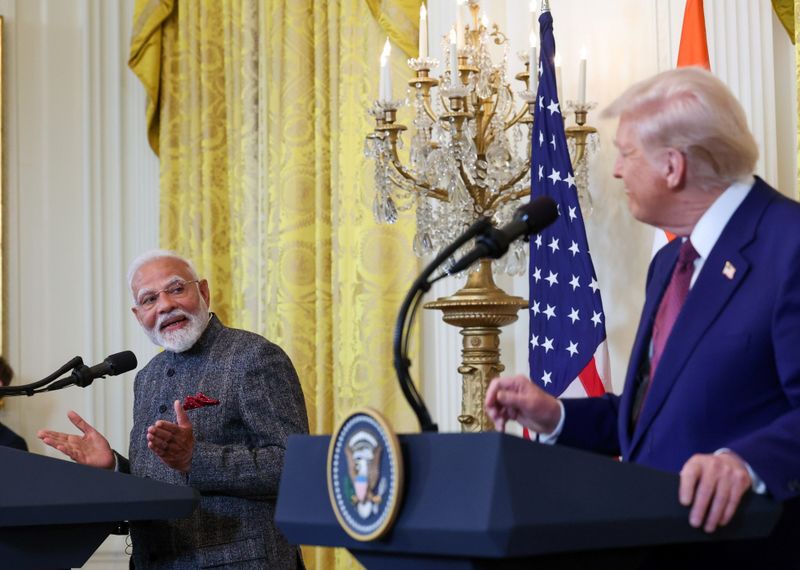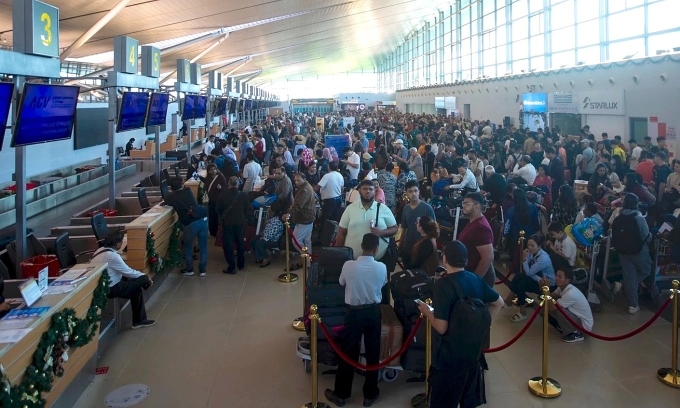
Hours after Indian Prime Minister Narendra Modi engaged in bilateral discussions with Chinese President Xi Jinping and Russian President Vladimir Putin at the Shanghai Cooperation Organisation summit in Tianjin, former U.S. President Donald Trump reignited the ongoing tariff dispute between India and the United States. Trump claimed that India had offered to reduce tariffs on U.S. goods to zero, but he dismissed the move as belated.
Trump took to Truth Social to express his views, stating, “They (India) have now offered to cut their tariffs to nothing, but it’s getting late. They should have done so years ago.” The Indian government has yet to issue a formal response to Trump’s assertions.
Trump’s Critique of India-US Trade Relations
Trump described the trade relationship between India and the U.S. as a “one-sided business,” highlighting the challenges faced by American businesses trying to penetrate the Indian market due to high tariffs imposed by New Delhi. “What few people understand is that we do very little business with India, but they do a tremendous amount of business with us. In other words, they sell us massive amounts of goods — their biggest client — but we sell them very little,” Trump remarked.
He further criticized the longstanding trade imbalance, stating, “The reason is that India has charged us, until now, such high tariffs — the highest of any country — that our businesses are unable to sell into India. It has been a totally one-sided disaster.”
Impact of Tariffs on Bilateral Trade
The trade tensions between the two nations have been exacerbated by reciprocal tariffs. The Trump administration had imposed a 25 percent tariff on Indian goods, with an additional 25 percent levy on India’s purchases of Russian oil, resulting in a total of 50 percent duties on Indian imports — among the highest globally.
In response, India has labeled the U.S. tariffs as “unjustified and unreasonable.” The tariffs have significantly impacted bilateral trade, with American businesses facing hurdles in accessing the Indian market, while Indian exports to the U.S. continue to flourish.
Historical Context and Expert Opinions
Historically, trade relations between the U.S. and India have been fraught with challenges. Experts suggest that the high tariffs imposed by India are a protective measure to nurture its burgeoning industries. However, critics argue that such measures stifle competition and innovation.
Trade analysts believe that reducing tariffs could potentially open up the Indian market to more U.S. goods, fostering a more balanced trade relationship. “Lowering tariffs is a step in the right direction, but it needs to be part of a broader strategy to enhance trade relations,” said Dr. Anjali Sharma, a trade policy expert.
Geopolitical Implications and Future Prospects
The trade dynamics are further complicated by geopolitical considerations. Trump’s criticism of India’s purchase of oil and military products from Russia underscores the strategic alliances that influence trade policies. “India buys most of its oil and military products from Russia, very little from the U.S.,” Trump noted, highlighting a significant point of contention.
As India seeks to balance its relationships with major global powers, the trade negotiations with the U.S. could have far-reaching implications. Analysts suggest that a resolution to the tariff dispute could pave the way for stronger economic ties and strategic partnerships.
Looking ahead, the focus will likely be on how both nations navigate these complex trade negotiations. The potential for tariff reductions presents an opportunity for a reset in relations, but it remains to be seen whether this will lead to a more equitable trade partnership.






